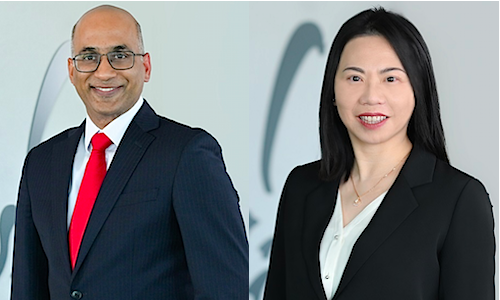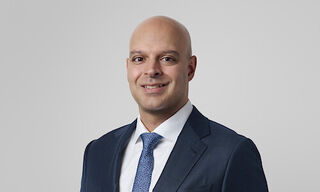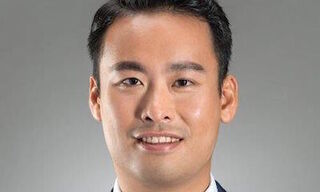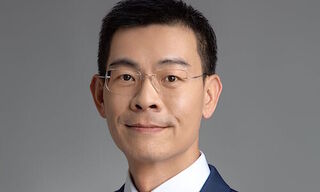Rapid technological advancements continue to take place in a myriad of different fields. Nonetheless, progress is still gradual within the wealth management industry, especially amongst the largest players, according to Avaloq's Pascal Wengi in a conversation with finews.asia.
Financial technology is rapidly advancing across various fields ranging from artificial intelligence, blockchain to quantum computing and beyond. While there are numerous theoretical use cases, the reality in the industry is a different story.
According to a recent survey by banking software firm Avaloq on the technological state of wealth managers, 45 percent of respondents claim that the systems used at their firms are outdated. Other respondents lamented the sheer number of systems used, lacking intuitiveness or simply insufficient functions. Why is this the case in an industry that boasts multi-billion dollar budgets?
Legacy Systems
According to Pascal Wengi, Avaloq's managing director for APAC, Middle East and Africa, large, universal banks have difficulty with upgrading their systems due to history coupled with the complexity of their businesses.
«I tend to agree with bankers that usage of most of the technology in the market is not straightforward,» Wengi said in an interview with finews.asia.
«Universal banks often have a lot of legacy systems that can be challenging and costly to upgrade, integrate or replace entirely. With pure-play private banks, technology transformation is not as difficult as they tend to have less legacy and often rely on one, simplified system from front to back.»
Step by Step
The gargantuan amalgamation of legacy systems makes it unlikely for universal banks to venture a full upgrade all at once. Instead, they take a step-by-step approach to address crucial areas while still maintaining the daily operations of their business.
«Financial institutions cannot underestimate the complexity of transformation projects,» Wengi explained. «They need to get both the modernization and the integration process right – to make the front office as modern and attractive as possible – while protecting prior tech investment, avoiding data loss, and ensuring a stable backend.»
In-House or Outsource?
Another key tech question that wealth managers consider is whether to develop capabilities in-house or outsource. Wengi notes there has been a popular belief that it is «necessary to invest millions of dollars in infrastructure and hire large teams» to manage tech in-house but this trend is shifting.
«Typically, firms can opt for a single-provider solution or a best-of-breed approach. The latter usually involves a mix of multiple core banking systems or an upgrade of the core banking system with specialized tools for portfolio, risk or client management,» he said. «We are increasingly seeing more banks seeking to mix and match in-house and outsourcing technology as part of a best-of-breed approach.»
East Outpaces West
On a regional basis, Wengi said that Europe and the US previously had a technological edge compared to Asia. But this is now no longer the case in banking and wealth management with new markets, like the Philippines, «catching up or even surpassing mature financial hubs».
«This is partly because financial institutions in these growth markets do not have much legacy technology and local banks are able to build their private banking operations and tech stack almost from scratch,» he explained. «The smaller, emerging players in the financial world have a unique advantage, as their banking infrastructure is digital-ready from the outset, with the power to scale up operations seamlessly.»
Business Focus
Moving forward, Avaloq will seek to grow or enhance its focus in markets including Vietnam, the Middle East and Japan, where it will leverage synergies with its parent company NEC Corporation. It will also extend its wealth management business beyond private banks to support financial institutions catering to the affluent and mass affluent segments.
«This is in line with our mission to democratize access to wealth management,» Wengi added.




























